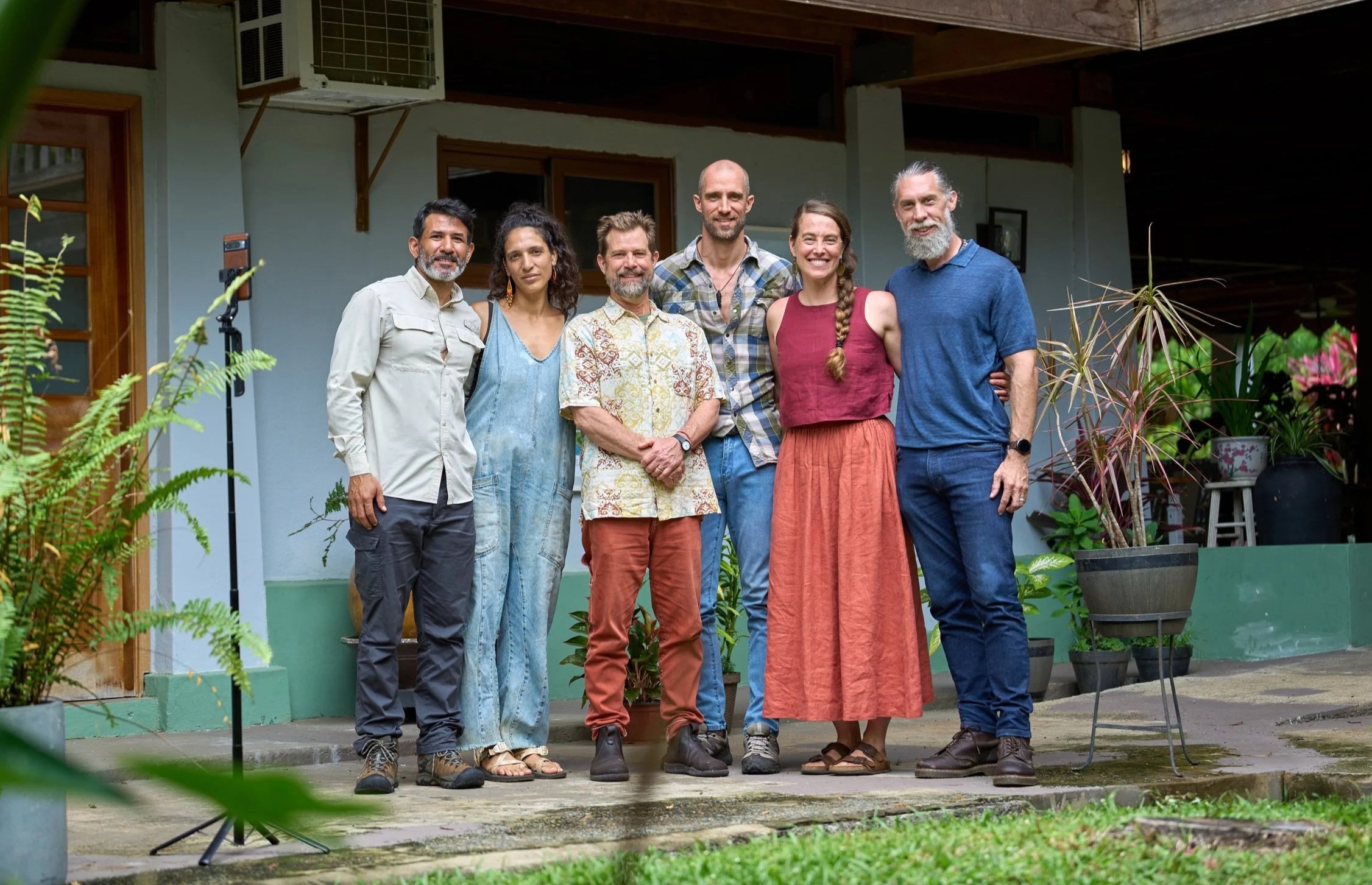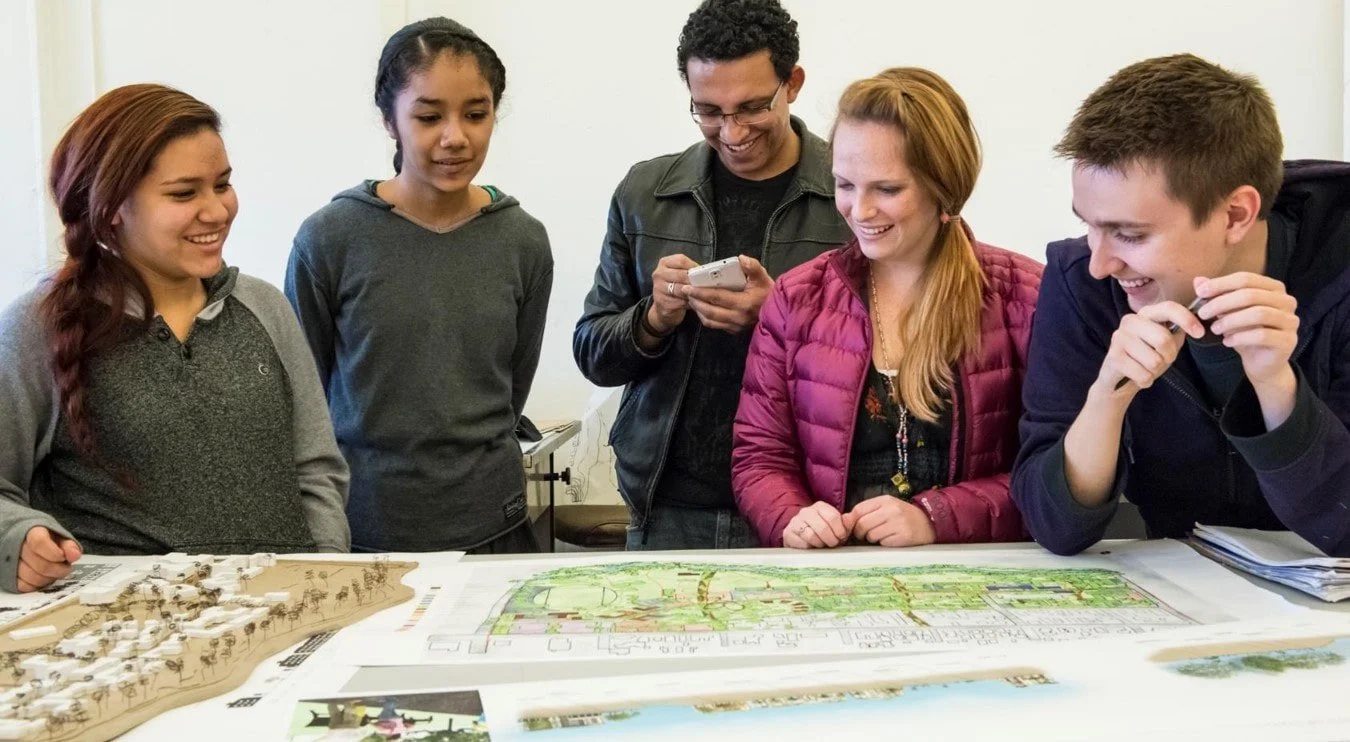Latitude Goes Green with Sustainable “For Sale” Signs
As a real estate company that promotes sustainability and regeneration through the built environment, it’s important for Latitude to incorporate its values into the company’s operations.
Alissa Collins, co-founder of Latitude, urges people to consider how every decision and action we make can perpetuate degeneration or be a catalyst towards regeneration.
“It’s important for us to hold up the mirror to examine our own practices,” Alissa says. “We’re working on company-wide initiatives that include becoming a JUST organization.” By design these kinds of certifications make companies analyze entire operations from communications, hiring, and supply chain to see where they can do better.
For Latitude, one of those initiatives has spurred going green with “For Sale” signs that are used to sell properties. Typically those are made from chemically-treated “chipped mystery wood” as Alissa put it.
“What we ideally wanted to do was to work with a company that removes plastic pollution from the ocean to be able to make signs from it,” Alissa continued.
That proved to be challenging as social enterprising manufacturers like that are scarce, and the ones that do exist didn’t want to take on the project.
One day when Alissa and partner Neal were visiting their friend James Arnold of JRA Green Building they saw a beautiful wood sign with his company’s name on it. When they asked James about the sign and shared what they were trying to do, he convinced them to take matters into their own hands by using Forest Stewardship Council (FSC) wood—a label that helps create transparency around sustainable wood harvesting.
From there they were able to source sustainable plywood from Sustainable Northwest Wood, cut it into the right dimensions with the assistance of the crew at JRA, and then get it printed with environmentally friendly paint from Willamette Print and Blueprint.
Whatever it is, the way you tell your story online can make all the difference.
The result is something not seen in the real estate world—a beautiful woodgrain “For Sale” sign.
“We’re not sure how the signs are going to hold up in the weather, but we love how they turned out. We would like to go even further by working out a system so that with every plywood sheet the company uses, we purchase a tree to offset our carbon footprint. As we do more business and put more signs in front yards, those signs will be a force for good.”
This is what regenerative business practices can look like.
Alissa says they now have the new sustainable wood signs on properties in Oregon and New York with positive reception thus far.
“We had one person call us to say that she was thrilled to find a real estate company that shared her values. After noticing our sign on a property she was interested in buying, she set up a meeting to discuss the possibility of working together to purchase the land and build a healthy, sustainable, and resilient home.
There’s really no one else that even remotely does what we do—it can be energizing for people when they get the council they have been seeking.”






